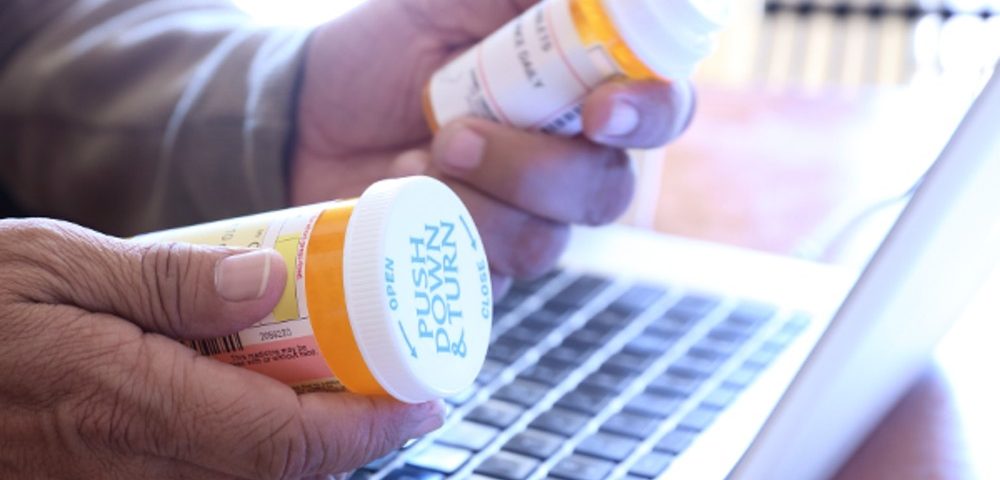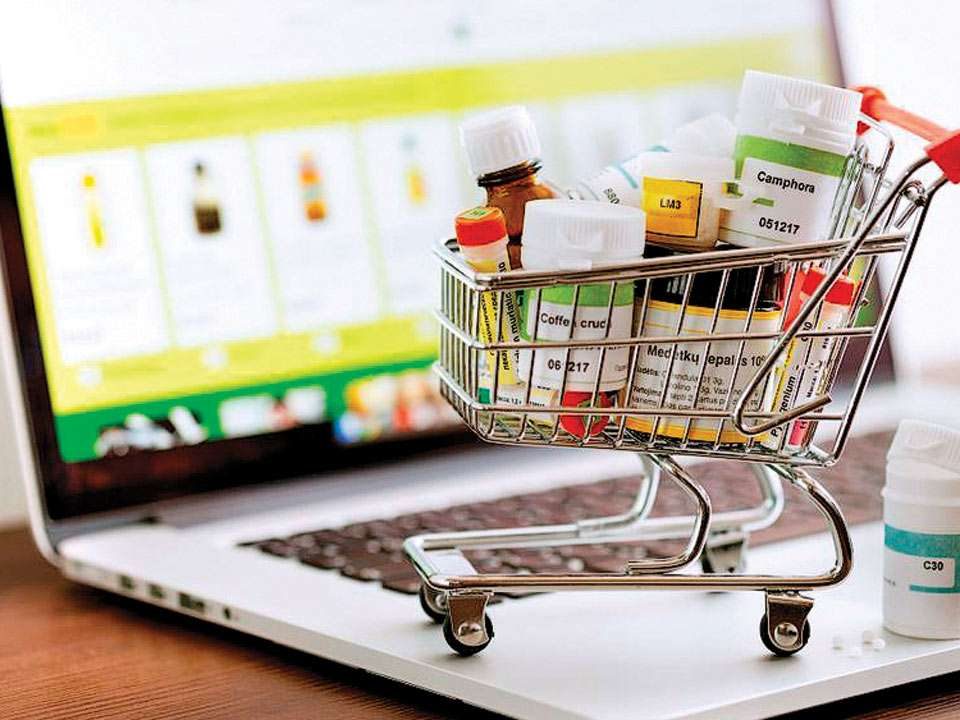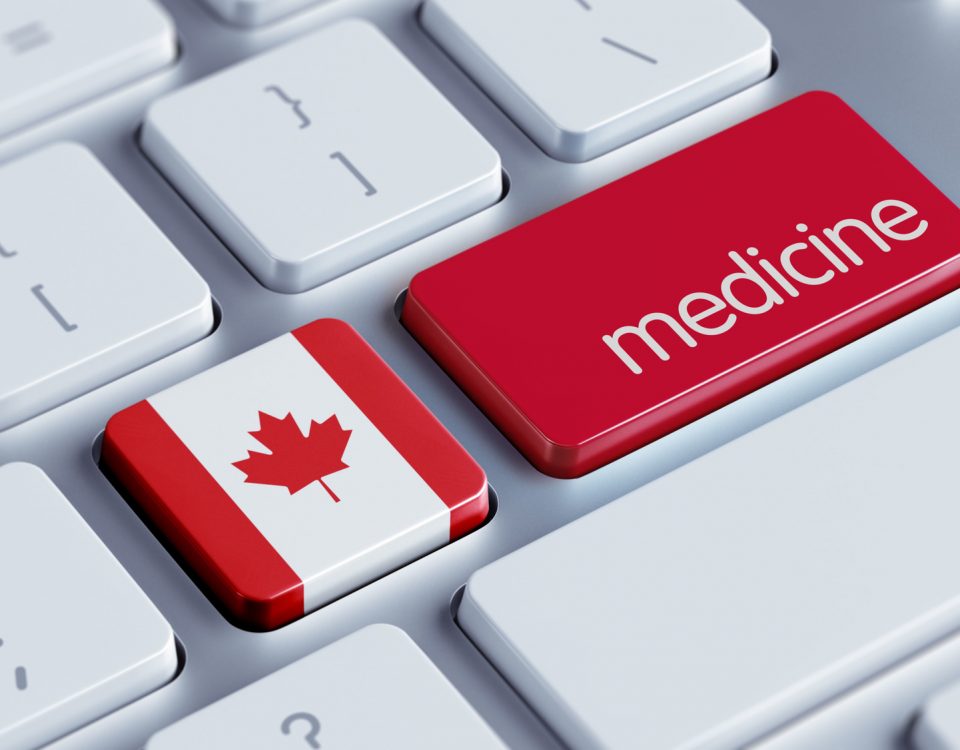- Have any questions?
- 800-869-2280
- [email protected]
The Dangers of Self-Prescription (Especially For Non-Experts)

Nearly half of the American population has used a prescription drug in the past 30 days. Using drugs as prescribed by your doctor is generally safe.
What isn’t so safe is self-prescription.
This is where people take treatment into their own hands buying one or more drugs to treat their conditions. Medical professionals could have diagnosed these conditions or they may be self-diagnosed.
Self-prescription and self-medication go against almost every drug safety tip in the book. From harmful drug interactions to addiction, there is a wide range of problems that can occur as a result of self-prescription.
In this guide, we’ll take a look at how self-prescription can be harmful and why you should stick to drugs prescribed by your doctor. Read on and find out more.
Self-Prescription Can Result In Addiction
Using certain prescription drugs for too long can lead to addiction. For instance, doctors prescribing opiates freely led to the ongoing opioid addiction crisis in the United States. Other drugs that can be useful for short periods like Valium and Xanax are also very addictive.
Self-prescription and self-medication can lead to severe addictions. Your doctor should only prescribe you a limited number of doses, to limit your chances of long-term use and addiction. Self-prescription, such as buying these drugs through other means, doesn’t limit your access to doses.
You may not know that certain prescription drugs are addictive. This is another factor that makes self-medication dangerous.
Drugs Can Have Harmful Interactions
If you are not a pharmacist, you may not know that certain medications have dangerous interactions. However, something as simple as grapefruit juice can pose severe problems.
When you take certain medications, you need to be very careful about what other drugs you take and the food and drinks that you consume. For instance, if you take MAOI antidepressants like Marplan, you need to follow a strict diet. If you eat foods containing too much of a molecule called tyramine, your blood pressure can skyrocket.
Another example lies in taking multiple medications at the same time. For instance, taking two blood pressure medications can cause your blood pressure to drop too low.
Polypharmacy, where you take several medications at once increases the risk of harmful interactions. If your medications have been prescribed by a doctor, there is much less risk of having severe interactions.
Increased Antibiotic Resistance
When we’re sick, we sometimes assume that antibiotics will help us get better. Yet antibiotics aren’t a miracle cure. They only work on infections that are caused by bacteria: they will have no effect on viral infections.
However, their ineffectiveness is not the only problem with antibiotic misuse. As antibiotics wipe out all the bacteria in your body, they can leave you feeling worse than you did before you took them.
Antibiotic resistance is also a severe problem for the medical community. As we use antibiotics more, bacteria become more resistant to them. This means that when they may have been helpful, they no longer work, which can result in more infections and serious illnesses.
Your doctor should only prescribe antibiotics when they will be helpful. You should never take antibiotics for a viral or other non-bacterial infection.
Incorrect Dosages
If you self-medicate you may not know the precise dosage that you should take. Dosages are determined based on your age, body weight, and several other factors. Take too little of a certain drug and it will have no effect, take too much and it could have serious consequences for your health.
Whether you are self-medicating with prescription drugs that your doctor has given you, illegal drugs, or herbal remedies, the dosage is crucial. Pharmacists and doctors are the only people who can determine what is the best dosage for your requirements and your body.
You May Have Underlying Conditions
If you have an underlying condition, certain drugs may not be right for you. For instance, if you have undiagnosed bipolar disorder or another mood disorder, taking Zoloft could send you into a manic state.
Similarly, if you have hemophilia or another blood-clotting disorder, taking certain medications that thin your blood could cause serious problems. If you have HIV without realizing, certain drugs that compromise your immune system, like corticosteroids, can decimate your immune system’s ability to fight disease.
If a medicine has the potential for serious side effects, your doctor will want to screen you for underlying conditions first. This is not something that you can do yourself.
Self-Misdiagnosis
Self-diagnosis comes with its own set of risks. If you act on a self-diagnosis and attempt to self-prescribe, you could be putting yourself in danger. Many conditions share symptoms with other, more common conditions.
For instance, you may have trouble breathing and presume that you are having problems with your heart. This could, instead, be the result of panic disorder. Taking medications to lower your blood pressure, when it may be healthy, can result in health issues.
Another risk that springs from self-misdiagnosis is that you may not get the treatment you need. For instance, trouble breathing could also be a symptom of lung cancer. If you don’t get tested for that, you could be endangering your life.
The only way to get a real diagnosis is by going to your primary care physician. You may know your body better than anyone else but if you’re not a doctor, you won’t know the differences between similar conditions. If you think that you are sick, visit your doctor or, if you think it’s minor, a pharmacist.
Avoid Self-Prescription
You should avoid self-prescription and self-medication at all costs. If cost is stopping you from getting the medication that you need, you may be able to get your drugs from Canadian pharmacies at a lower price.
You will still need to have a prescription to buy drugs: if you do, we may be able to help you. For more information about our process, take a look at our “how to order” page.



